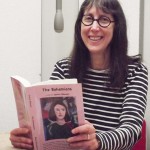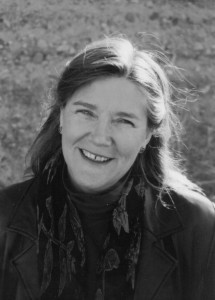The Coelacanths We Want to Believe: Monster Lore and the Uncanny
Confession: I am obsessed with cryptid lore. What are cryptids, you ask? They are animals (or “beings,” depending on how mystical you want to get) whose existence has “yet to be proven” by science. More simply put, cryptids are creatures that do not exist: think Bigfoot, the Mothman, the Loch Ness Monster, etc.[1]
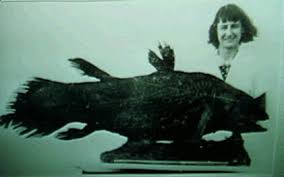 That is, they are creatures that don’t exist until someone drags a carcass in, or pulls them up from the bottom of the ocean—at least, that’s what a cryptozoologist (someone who studies cryptids) would have you believe. Their favorite example is the coelacanth, a fish from the Early Devonian period, around 400 million years ago. Long thought (extremely) extinct, the fish was found alive off the coast of Africa in 1937.
That is, they are creatures that don’t exist until someone drags a carcass in, or pulls them up from the bottom of the ocean—at least, that’s what a cryptozoologist (someone who studies cryptids) would have you believe. Their favorite example is the coelacanth, a fish from the Early Devonian period, around 400 million years ago. Long thought (extremely) extinct, the fish was found alive off the coast of Africa in 1937.
The coelacanth (pardon me, those who are devoted to it) is not a particularly impressive animal. It can grow up to 6.5 feet long and weight up to 200 pounds, but so can a tuna. (The ocean is full of mundane horrors, friends.) The coelacanth is about the shape and general coloring, I am sorry to say, of a muddy log. It is not a majestic creature. Yet, this is the animal that cryptid believers everywhere hang their hopes on. If this fish can survive unnoticed from the Devonian, then surely (here a believer’s eyes widen in the telling) it is possible that other animals—giant humanoid animals, plesiosaurs, etc.—could also live alongside us: unproven as of yet, but very much real.
There are many very good reasons why this is not so, including habitat sustainability, but I’m not going to go into them here. What I’m interested in as a writer is the why— why do people, in 2016, want so desperately to believe that fantastic creatures are real—that, just out of the corner of your eye, there is a giant hairy ape, an upright-walking wolf[2], or even a ghost, going about its business? What does consuming media of all kinds about these creatures get us, even when (I have to believe) most of us know in our heart of hearts that they don’t actually exist?
My point of view is that cryptids and their paranormal kindred are manifestations of our contemporary folklore, often to put a name and a poorly drawn police sketch on some faceless fear, you might say.[3] Cryptids and other paranormal entities—ghosts, demons, aliens, etc.—are our modern-day monsters, our metaphors and un-deciphered dreams, channeling not just our fears, but dearest wishes. There’s an element of not just revulsion, but desire,[4] in our quest for unseen monsters. This is why you have people filming themselves traipsing off into the underbrush in night vision goggles looking for Sasquatch or a ghost, eager to “make a discovery,” in their words—only to come bolting out terrified and laughing an hour later at the first snapped branch or white light in the bushes.
Sociologist Margee Kerr writes in Scream: Chilling Adventures in the Science of Fear, that many people have an innate desire to experience fear—thus the perennial popularity of haunted houses and horror entertainment of all kinds—and that these experiences can have a therapeutic value when we enter into them of our own free will. There’s a reason that people often leave haunted trails shrieking with laughter, or feeling a closer bond with the friends they attended the haunt with, Kerr argues. Maybe something similar happens to true paranormal and cryptid enthusiasts when they wander the woods or scour the internet for evidence of the existence of their monster of choice—they get to come close, to dance right up to the edge of a terrifying and exhilarating possibility, from the safe position of everyday reality.
These ideas surrounding belief, fear, and the weird pleasure of the unknown are fascinating to me as a poet interested in the Gothic and the uncanny.[5] Maybe an intimacy with the uncanny, with a feeling of discomfort as well as surprise and delight, is what I’m after in my own poems these days—and sometimes in life.
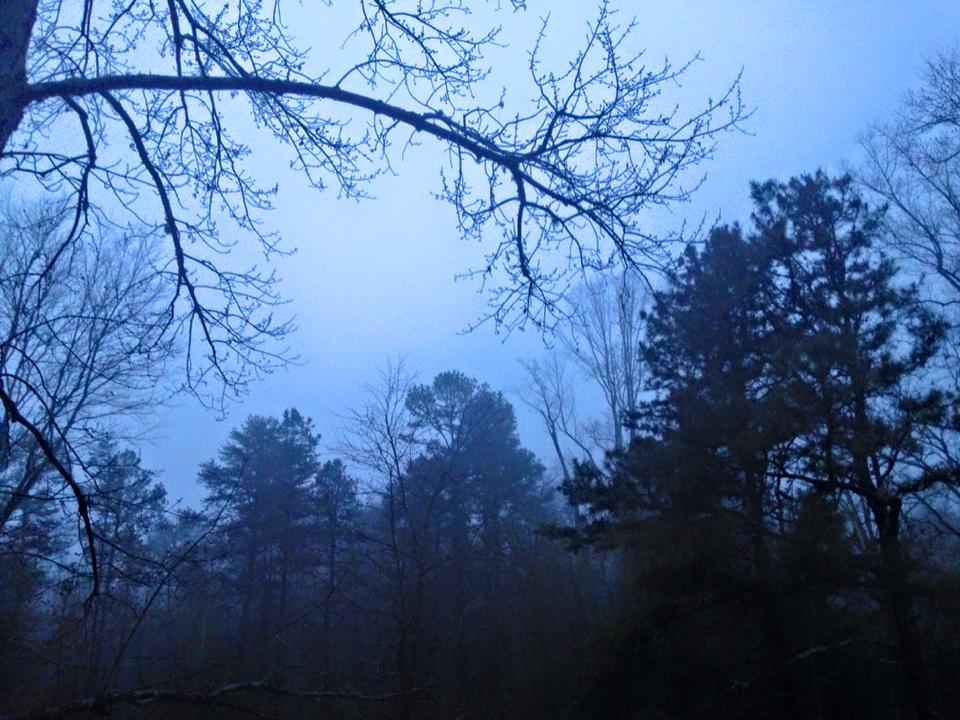 I was recently visiting my family in rural upstate South Carolina, where I grew up. It is very quiet out there. I was sitting on the porch late one evening, looking out at the fields lit by an unusually bright moon[6], fog settling around the barn and in the ditches, fireflies going off like tiny flashbulbs ever so often.
I was recently visiting my family in rural upstate South Carolina, where I grew up. It is very quiet out there. I was sitting on the porch late one evening, looking out at the fields lit by an unusually bright moon[6], fog settling around the barn and in the ditches, fireflies going off like tiny flashbulbs ever so often.
Then I hear a barking. It sounded off, or wrong somehow—hoarse, half-panicked, not quite dog, but not high and eerie like a coyote. It sounded close. I grabbed and flashlight and walked toward the barn, slowly, light off. I stood as still as I could in the deeper shadow of the building, out of the moonlight. The barking stopped. I shone my light into the field, through the fog. There was nothing there but fog, rolling around me like cotton in a jewelry case, stalks of tall grass and apples trees poking out of it. Literal crickets. There was nothing out there, of course—well, something was. I was smiling. My smile was there now.
[1] Cryptids also include lesser-known creatures, such as Batsquatch, Sheepsquatch (which are exactly what they sound like), Ogo Pogo (a lake monster), and Momo, the “Missouri Monster.” Americans and Canadians seem to particularly enjoy vowel-heavy and rhyming monster names, apparently.
[2] Yes, this is a thing. See Linda Godfrey’s book Real Wolfmen: True Encounters in Modern America, for all about what she describes as the “upright canid ” phenomenon. Contrary to what you might think, she does not think that these creatures are necessarily werewolves. Some of them are possibly trans-dimensional Anubis-like figures that enjoy watching people while they sleep, she argues. Yes, really. You can’t make these things up.
[3] See historian W. Scott Poole’s study Monsters in America, outlining how monster literature and lore has channeled, reflected, and obfuscated America’s nuclear anxieties, racial injustices, and other societal issues.
[4] See Freud’s essay “The Uncanny.”
[5] I’ve been writing a lot of poems recently from the perspective of monstrous and marginal entities, trying to inhabit the minds of ghosts, witches, and monsters of all kinds. The speakers of the poems hover between worlds, as women have long been asked to do—the worlds of the visible and the invisible, the domestic and the supernatural, life and death, desire and pain.
[6] The moon was not full. Real life, apparently, will only get so close to clichés.
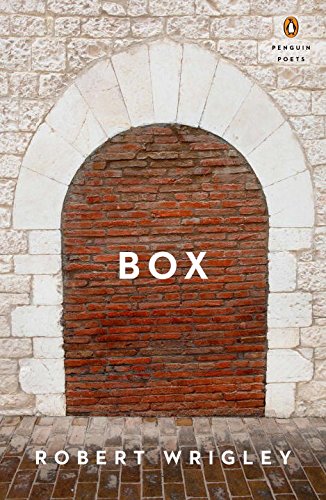 Here’s some exciting news for all you poetry fans out there. Robert Wrigley, SR contributor from Issue 7, has a new book called Box coming out in March 2017. This will be the tenth published collection of poems from the acclaimed, award-winning poet.
Here’s some exciting news for all you poetry fans out there. Robert Wrigley, SR contributor from Issue 7, has a new book called Box coming out in March 2017. This will be the tenth published collection of poems from the acclaimed, award-winning poet.


